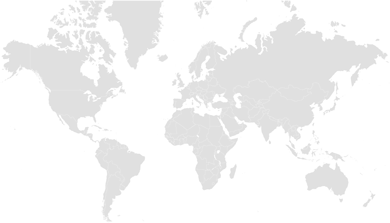Case study
2024 • Municipality of Buenos Aires Buenos Aires - Circular waste management
The case study focuses on Buenos Aires, Argentina, where municipal solid waste management (SWM) is led by CEAMSE, a public-private partnership. The city generates over 7,500 tonnes of waste daily, with 90% ending up in landfills. CEAMSE employs innovative methods like mechanical biological treatment (MBT) to recover resources and reduce waste. Challenges include a lack of waste separation and public awareness. Initiatives like community education and integration of informal waste pickers into formal systems highlight the city’s efforts to create a more sustainable waste management ecosystem.
Recovered Materials & Products
Compost
Materials
Waste Streams
Organic solid waste
Solid waste
Confirmed countries
Afghanistan


Background and Context
Location: Buenos Aires, Argentina’s capital and largest city.
Resource Stream: Municipal solid waste, with limited initial waste separation practices.
Challenges:
- Overburdened landfill facilities.
- Minimal waste sorting knowledge among residents.
- Insufficient legislation and widespread informal work in the waste sector.
- Hazardous and precarious working conditions for waste pickers.
Technologies/Methods Used:
- CEAMSE's MBT plant for material recovery and landfill waste reduction.
- Source-separation projects and public education campaigns to enhance citizen participation.
- Integration of waste picker cooperatives into formal recycling initiatives.
Implementation Steps:
- Established MBT plant at CEAMSE Norte III Environmental Complex.
- Launched waste reduction projects emphasizing source separation and recycling.
- Conducted citizen science initiatives to involve households in waste data collection.
- Built “social plants” with recycling infrastructure managed in partnership with waste pickers.
Outcomes and Impacts
- Enhanced recycling rates.
- Significant public engagement through educational campaigns.
- Improved working conditions and economic opportunities for waste pickers.
- 15,000-19,000 tonnes/month processed at social plants.
- Creation of 4,500 formal jobs, with 2,000 more expected.
Lessons Learned
Engaging communities in environmental initiatives increases success rates. Comprehensive integration of informal workers promotes social inclusion and economic benefits. Projects require robust legislative frameworks to ensure long-term sustainability.
Learn more
This case study is extracted from the publication linked below: "Harnessing the Role of Private Sector in Waste Management through South-South and Triangular Cooperation for Inclusive Urbanization, UNDP (2023)"
https://www.undp.org/policy-centre/istanbul/publications/harnessing-role-private-sector-waste-management-through-south-south-and-triangular-cooperation-inclusive
Technologies
Themes
Capacity building
Policy and regulation
Participatory planning
Public-private partnerships